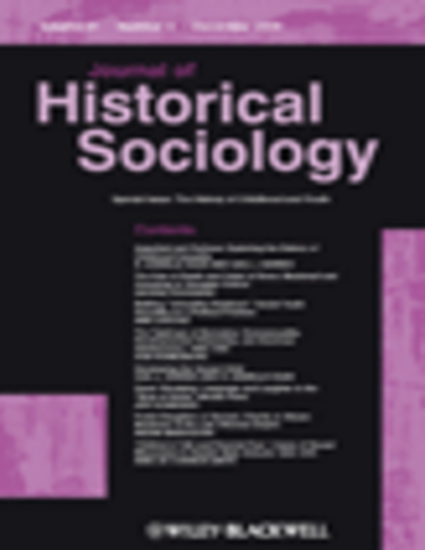
Article
Queer Wordplay: Language and Laughter in the “Boys of Boise” Morals Panic
Journal of Historical Sociology
(2008)
Abstract
This article works to deepen historical and theoretical understandings of a 1955 morals panic in Boise, Idaho, typically referred to as the “boys of Boise” scandal. Using Goode and Ben-Yehuda's definition of the “morals panic” and analysis of newspaper reporting and trial transcripts from the scandal, I argue that certain forms of rhetoric heightened or fabricated perceived threats to children, masculinity, and the heterosexual family unit. The article first analyzes the rhetoric of local newspaper editorials, arguing that they relied on familiar tropes of “purity” and “danger” to foment hysteria about deviant sexual behaviors, in effect manufacturing child victims that did not exist. Second, analysis of trial transcripts illustrates the ways in which this hysteria and hostility were connected to fears that homosexuality might be infectious, could be passed on to children and young men, and therefore pose a long-term, unmanageable threat to heteronormative forms of masculinity and the American family. Finally, drawing on a 2006 documentary about the scandal and on Mikhail Bakhtin's theorization of “folk laughter,” I argue that another form of rhetoric – that of wordplay or punning – might suggest to us how morals panics are defused, an area not addressed by Goode and Ben-Yehuda's framework.
Publication Date
December, 2008
Citation Information
Jen Schneider. "Queer Wordplay: Language and Laughter in the “Boys of Boise” Morals Panic" Journal of Historical Sociology Vol. 21 Iss. 4 (2008) Available at: http://works.bepress.com/jen_schneider/13/
